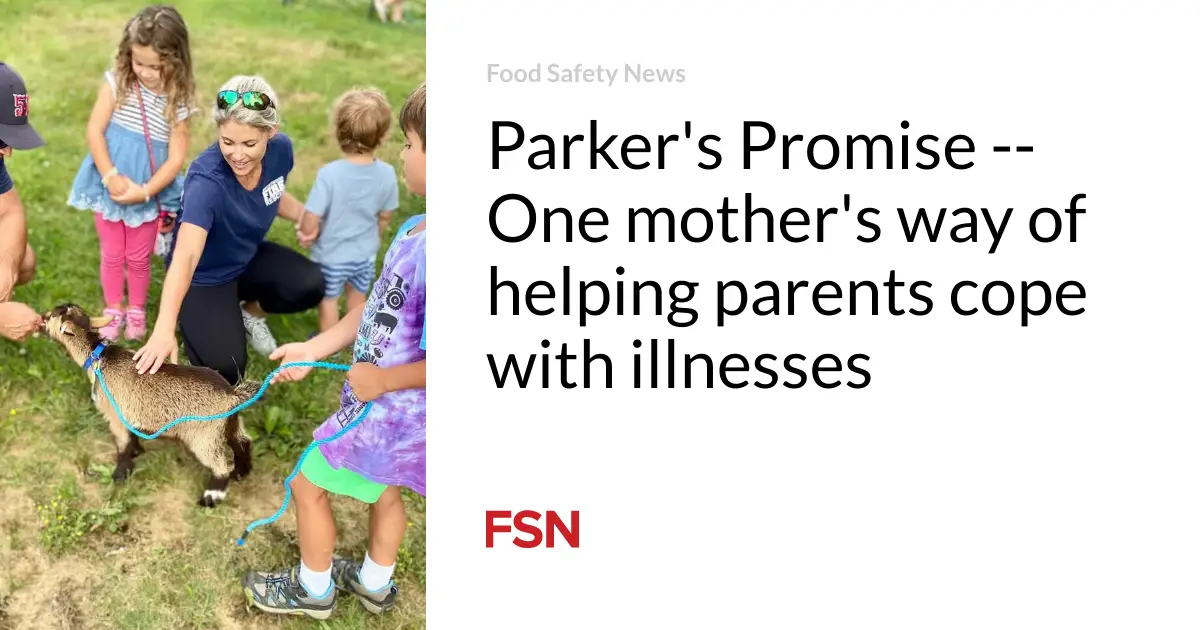Perhaps we shouldn’t be surprised that the government has continued to attack “mental health culture” (Mentally ill people being used as ‘political football’, campaigners say, 29 April). The publication of its disability green paper, in which the government says it wants to move away from financial support for those with mental health conditions given through personal independence payment (Pip), is greatly concerning. It comes after the prime minister labelled the UK as being amid a “sicknote culture” and said that society shouldn’t be “over-medicalising the everyday challenges and worries of life” by diagnosing them as mental health conditions.
Such language is outdated and fails to promote open discussions about mental health or encourage those in need to seek expert advice. We must not minimise the mental health challenges that people face every day. Everyone living with a mental health condition deserves support. This includes gaining financial security, and Pip is therefore a vital lifeline for those who rely on it.
We also know that the threat of removal of benefits payments causes increased stress and anxiety for those most in need and does nothing to support people back into work.
Instead, the government should see this as an opportunity to make a positive impact in supporting people living with mental health difficulties. Properly funding mental health services and growing the mental health workforce so that people can get the support they need without long delays would be a good place to start.
Dr Roman Raczka
President-elect, British Psychological Society
So Rishi Sunak thinks that personal independence payment is “over-medicalising the everyday challenges and worries of life”. Perhaps he should familarise himself with the actual operation of the benefit. I regularly support applicants through the process in my voluntary role.
A claim for Pip involves the completion of a 36-page application form, for which many people need help. This is followed, after a lengthy wait, by an assessment, nowadays usually conducted over the phone by the sort of “medical professional” whose role Sunak apparently wants to expand. About half of all applications are rejected at this stage, but the inadequacy of the process is reflected in the near-75% success rate of appeals to benefit tribunals – held before a judge and a medical and disability expert (an expensive process). The idea that benefits are being freely dished out to people who feel a little under the weather is risible.
Phil Drake
Sheffield
I’m fascinated to hear that Mel Stride is saying people with “milder mental health conditions” will no longer receive financial support. Anyone who has been through the process of applying for Pip with a mental health condition knows what a torturous process this is. I sat in on a Pip interview with a relative with mental health issues who had letters of support from both the GP and consultant psychiatrist explaining why they qualified for Pip. The interview was conducted by a paramedic, and Pip was declined. Considerable savings could be made (both in the process and the appeals) by not having the work of consultants checked by often less qualified medics.
Name and address supplied
Thank you for such a brilliant article on the callous plans for the changes to the disability support system (Yes, prime minister, it’s a scandal so many of us are signed off work. Maybe you Tories should stop making us ill, 29 April). My daughter has cerebral palsy and I have recently applied for Pip on her behalf. The system is already so bruising that I needed therapy after having to go into graphic detail about all the things she was not able to do, and to relive all her difficult and invasive appointments and the effect that has on her mental health. While there is breath in my body I will not let her do it herself, as no one should have to go through it. The notion that it could be made a more difficult process is utterly unbearable.
Name and address supplied







